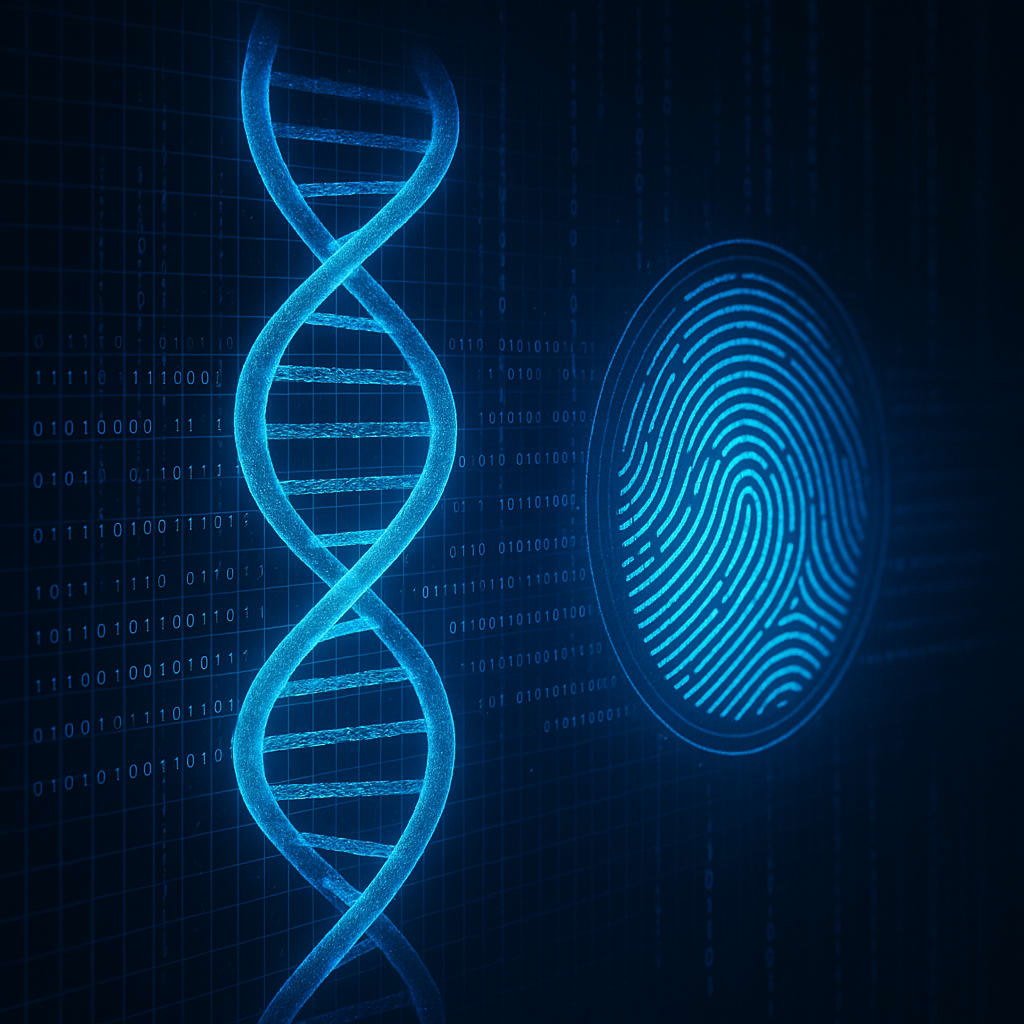The Fascinating World of At-Home DNA Tests 🧪
It starts with a small kit arriving at your door. You spit into a tube, send it back, and wait for your results. Weeks later, a colorful chart appears, showing your ancestry, traits, and potential health risks. Services like 23andMe, AncestryDNA, and MyHeritage have made it easy for millions to uncover their genetic story.
The appeal is clear — discovering a long-lost relative, learning about your predisposition to certain health conditions, or even seeing which traits are dominant in your family can feel like unlocking a hidden treasure.
But behind the excitement lies a more complicated reality. Your DNA has entered a multi-billion-dollar industry. Once your data is submitted, control over it becomes unclear, and the decisions you make today can echo for years, sometimes even affecting your children’s privacy indirectly.
—
Your DNA Is Not Just Numbers 🔑
Unlike a password, your DNA cannot be changed. It is your identity, your past, and the blueprint of your biology.
Many users don’t realize that by agreeing to the terms of DNA testing services, they often allow companies to store, analyze, and share genetic information. This data may be used for medical research, drug development, or sold to third parties. Once it leaves your hands, reclaiming it is almost impossible.
Even anonymized genetic data can be re-identified. Scientists have demonstrated that individuals can be traced using minimal data points, making privacy a serious concern. Your genes are unique, unchangeable, and extremely personal — unlike anything else in your digital life.
—
Who Really Controls Your Genes? ⚖️
Legally, you “own” your DNA. But the insights derived from it — disease risks, rare genetic markers, or ancestry patterns — often become part of corporate or research databases.
Some services may even provide access to law enforcement under specific conditions. In a famous 2018 case, public DNA databases helped catch a criminal, sparking a global debate on privacy, ethics, and genetic surveillance. Convenience is tempting, but is it worth giving up such deeply personal data?
Moreover, some companies may collaborate with pharmaceutical firms, creating predictive models that anticipate your future health needs — all based on your genetic code. It’s a powerful tool for science, but it also opens doors for exploitation.
—
From Health Insights to Personalized Ads 💊
AI is merging with genetics at an unprecedented pace. Imagine receiving ads tailored not just to your online behavior but to your biology. Pharmaceutical companies could potentially know your genetic predisposition to certain conditions — even before you do — and market treatments directly to you.
Some startups are exploring ways to match individuals with personalized nutrition plans, fitness routines, and mental health strategies based on DNA. While these applications can be beneficial, they also carry the risk of turning sensitive genetic information into a marketing tool.
—
The Ethical Frontier of Genetic Editing 🧬💻
Advances like CRISPR allow precise DNA editing. Combined with massive genetic databases, this raises difficult ethical questions:
Could insurance companies deny coverage based on genetic risks?
Might employers demand DNA tests before hiring?
Could future generations have DNA edited without consent?
Additionally, scientists are exploring germline editing — changes that pass to children. The potential benefits are enormous, including eradicating certain inherited diseases. But the consequences are unpredictable, and society is only beginning to grapple with the moral and legal implications.
We are entering uncharted territory, and the rules governing genetic privacy are still being written.
—
How to Protect Your DNA 🛡️
If you’ve already submitted your DNA, there are steps you can take to protect it:
1. Check privacy settings – Opt out of research sharing if available.
2. Request deletion – Many companies allow users to delete genetic data permanently.
3. Read the fine print – Always review terms before submitting a new test, especially health-related ones.
4. Stay informed – Follow news on DNA privacy and laws in your country. Knowledge is your first line of defense.
—
Final Thoughts: Knowledge Is Power — But So Is Caution 🔮
Exploring your DNA can be empowering. It connects you to your ancestors, helps manage health risks, and informs life decisions.
But remember, your genetic information is part of the growing digital economy. Every choice about sharing or protecting it can affect not just you, but potentially future generations.
Next time you consider sending that tiny tube of spit, pause and ask yourself:
Who truly controls my DNA? Am I ready for the consequences?
The promise of DNA testing is incredible — but it comes with responsibilities. Understanding these risks is the first step toward protecting your most personal data.

